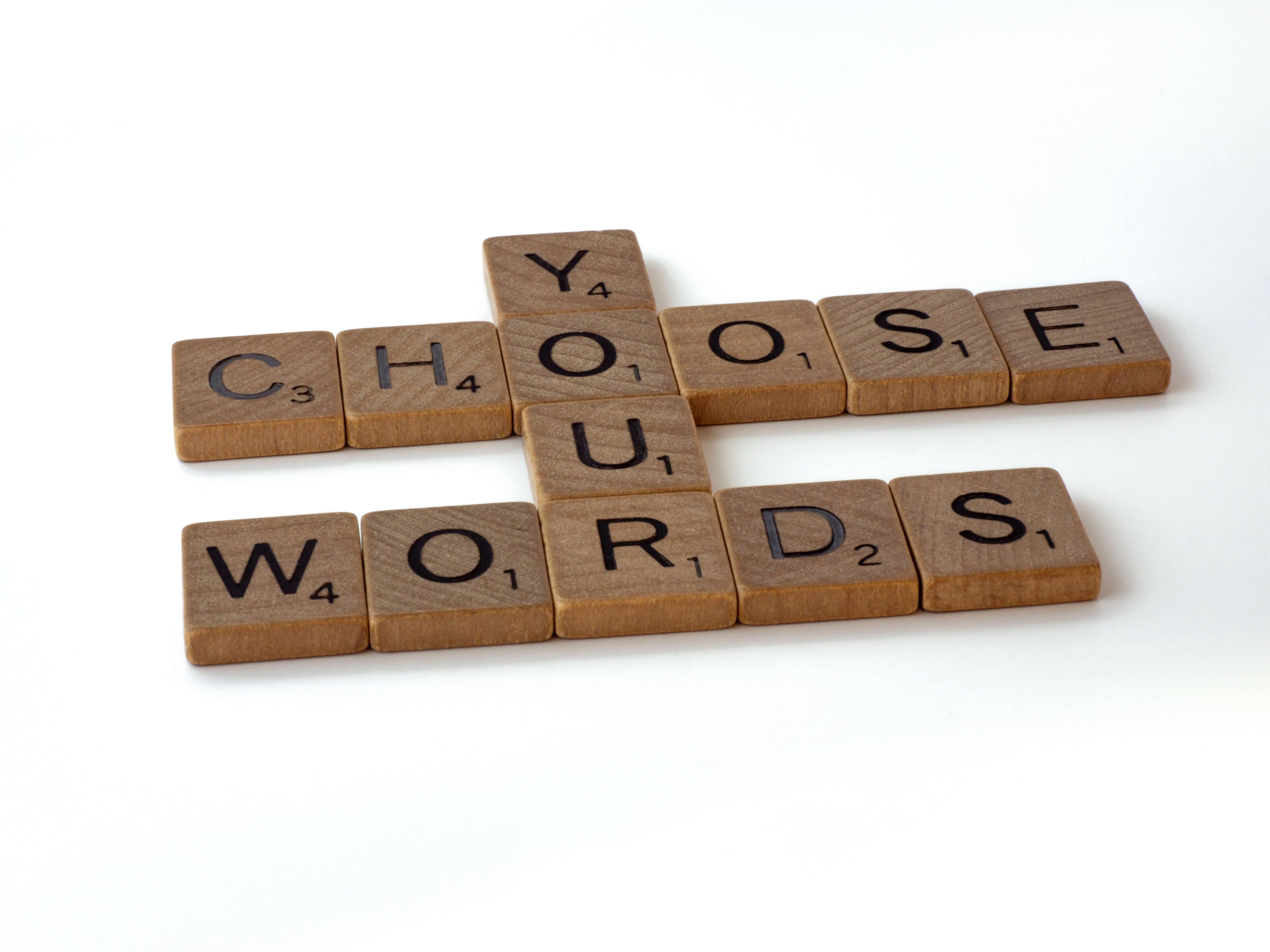Using one or two words to improve your concentration or establish the character of a piece is not a new teaching technique.
I know I’ve personally heard about using these kinds of “trigger words” for a couple of decades. These are especially useful to establish the mood or style of an orchestral excerpt. In most auditions, you’re only playing between 30-120 seconds of a specific orchestral work, and in those seconds you have to demonstrate a deep understanding of all sorts of nuance and style. Having these “cue” or “trigger” words helps immensely when you have a list of 20-30 different pieces to learn.
I will admit, though, that lately, I’ve fallen away from using this technique in my own playing and teaching. But this new post at TheBulletproofMusician has me reconsidering that.
This 2012 study covered at TheBulletproofMusician seems to validate the efficacy of trigger words and a short “pre-performance routine”. This study used a fixed set of positive trigger words, along with a quick breathing exercise, to meaningfully improve the musicality and expressiveness of young singers on a popular tune (Happy Birthday).
If you’ve never thought about using trigger words or phrases, along with a pre-performance routine to focus before an important performance, this study should give you a good reason to consider incorporating them into your practice.
Not only did the group using the trigger words improve the expressiveness of their performance, but other, more technical aspects of their singing were also improved.
Like lots of things in music, the students in the study did have to practice this pre-performance routine. And while their second performance was much improved, when they were tested weeks later many probably forgot to use it, and so their results were back to their baseline levels.
If you’ve noticed nerves or mental chatter during important performances, or you feel like you’re not able to play as well “in the moment” as you can in the practice room, try incorporating some positive trigger words into your practice routine.
While they won’t fix technical or musical issues in your playing, they can help you bring more of what you do in the practice room on stage!


Leave a Reply
You must be logged in to post a comment.